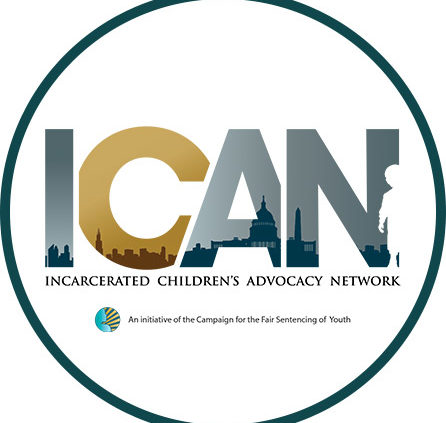Azim Khamisa
Tariq Khamisa was a 20-year-old college student at San Diego State University with a caring family, a beautiful fiancée, a bright future, and a love for life. On the night of January 21, 1995, Tariq was delivering pizzas when he a 14-year-old 8th grader killed him on the orders of an older gang member.
The youth pled guilty to first degree murder and was sentenced to 25 years to life in an adult prison.
Tariq was the only son of Azim Khamisa, a former investment banker. After his son’s death, Azim was very angry, but his anger was not directed toward his son’s 14-year-old killer.
“From the onset, I saw victims on both ends of the gun,” Azim said. “I will mourn Tariq’s death for the rest of my life. Now, however, my grief has been transformed into a powerful commitment to change. Change is urgently needed in a society where children kill children.”
Determined to honor his son, and his son’s love for life, Azim established the Tariq Khamisa Foundation (“TKF Foundation”), which focuses on crime prevention, stopping youth violence and helping youth become productive members of the community through education, mentorship and community service programs. Shortly after the TKF Foundation was established, Azim contacted Ples Felix, the grandfather and guardian of the 14-year-old involved in Tariq’s death, and asked him to work at the TKF Foundation. Azim and Ples have served together on the board of the TKF Foundation for more than two decades.
In addition to the many other youth that Azim has met through his work with the TKF Foundation, he has been in regular contact with the boy who killed Tariq. The youth has since passed his GED and is working towards a degree in Child Psychology.
Azim has invited the person responsible for Tariq’s death, who will be eligible for parole in 2018, to work with him and his grandfather at the TKF Foundation upon his release from prison, to “join in the quest to prevent other kids from going down the same path.” Azim believes that his experience is indicative of the potential in other child offenders, remarking that “all offenders, even the most hardened, have something of value within them. We can turn these kids around.”
Azim believes many families like his can move on in life with greater peace knowing the person who killed their loved one has a chance to be meaningfully rehabilitated and returned to society one day, as opposed to languishing in prison.



